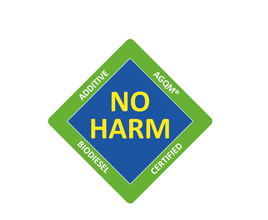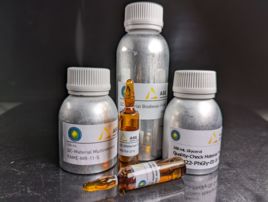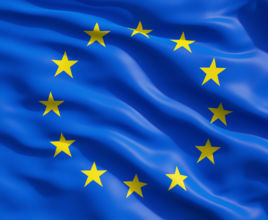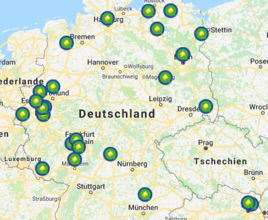4th International Conference for Biodiesel Manufacturers
The Biodiesel industry suffers not only in Germany and in the European Union but also at international level from excess capacities as a result of insufficient sales potentials in the diesel market. This development which may threaten the industry’s very existence has, above all, been caused by comparatively inadequate funding conditions in the production countries or by the fact that the national strategies for paving the way for Biodiesel as additive in the diesel market are similarly insufficient. All this is further compounded by the differences in the Biodiesel quality due to the raw materials used for the Biodiesel production, but also as a result of different national standards being applied.
The result is the continuously rising export of structural surplus quantities of Biodiesel into the European Union, partly promoted by a policy of differing export tax rates (e.g. Argentina) or by granting tax rebates at national level on the sale of Biodiesel, such as in the US with about one dollar per gallon.
Up to 7 vol.-% of Biodiesel are already added to the conventional diesel in some member states of the European Union. However, this option to mix the diesel in this way is subject to strict quality requirements that need to be satisfied.
The Arbeitsgemeinschaft Qualitätsmanagement Biodiesel e.V. (AGQM – Association Quality Management Biodiesel), is mainly focusing its activities on issues concerning the fuel quality and the engine technology. The work team’s efforts are aimed at further developing the fuel quality and at opening up the technically possible sales potential on the basis of an adapted standard for the Biodiesel quality (EN14214) or adapted requirements for blended fuel. Against this background, the AGQM has now organized its 4th International Conference for Biodiesel Producers, scheduled to take place in Berlin on May 31/June 1, 2010.
As part of the conference’s first section, market experts are introducing the current and future development of Biodiesel in international markets, while information will also be provided about the prospects of the risk management in the Biodiesel sector for safeguarding the Biodiesel producers’ and dealers’ existence in the long run. The following conference sections are focusing on the results of research projects for identifying and reducing secondary components, such as sterol glucosides, that may affect the filterability of Biodiesel as well as that of the blend fuel produced with it and on requirements concerning the engine technology, e.g. the issue, if, and to what extent, Biodiesel as blending component may cause a dilution of the engine oil. A currently running project of the RICARDO Biofuel Consortium to be introduced in this connection is aimed at optimizing both the injection time and pattern by using a cylinder pressure sensor in such a way that it will not only be possible to comply with the exhaust gas standards even if Biodiesel is used as a blending component but also to avoid the dilution of the engine oil. However, one must no longer look at the engine alone, but – in view of the more stringent emission requirements – at the aftertreatment systems for the exhaust gas, such as the urea-selective catalytic reduction (SCR) or particle filters. Therefore, the AGQM also concentrates its activities on a reduction of metal and phosphorus contents.
Apart from all these subjects, the conference is also covering the current results of the standardization efforts at European level and, closely connected with it, is going to introduce new developments for test methods to achieve oxidation stability and to discuss the question of filterability.
The conference will be concluded with a talk about the future development of Biodiesel as blending component and about the Racing Car Project of the Four Motors GmbH which is promoted by the AGQM and others. The Racing Team runs a Renault Megane with B30 as part of the ADAC Long Distance Cup.
The conference language will be English; the number of participants will be restricted to 90.





